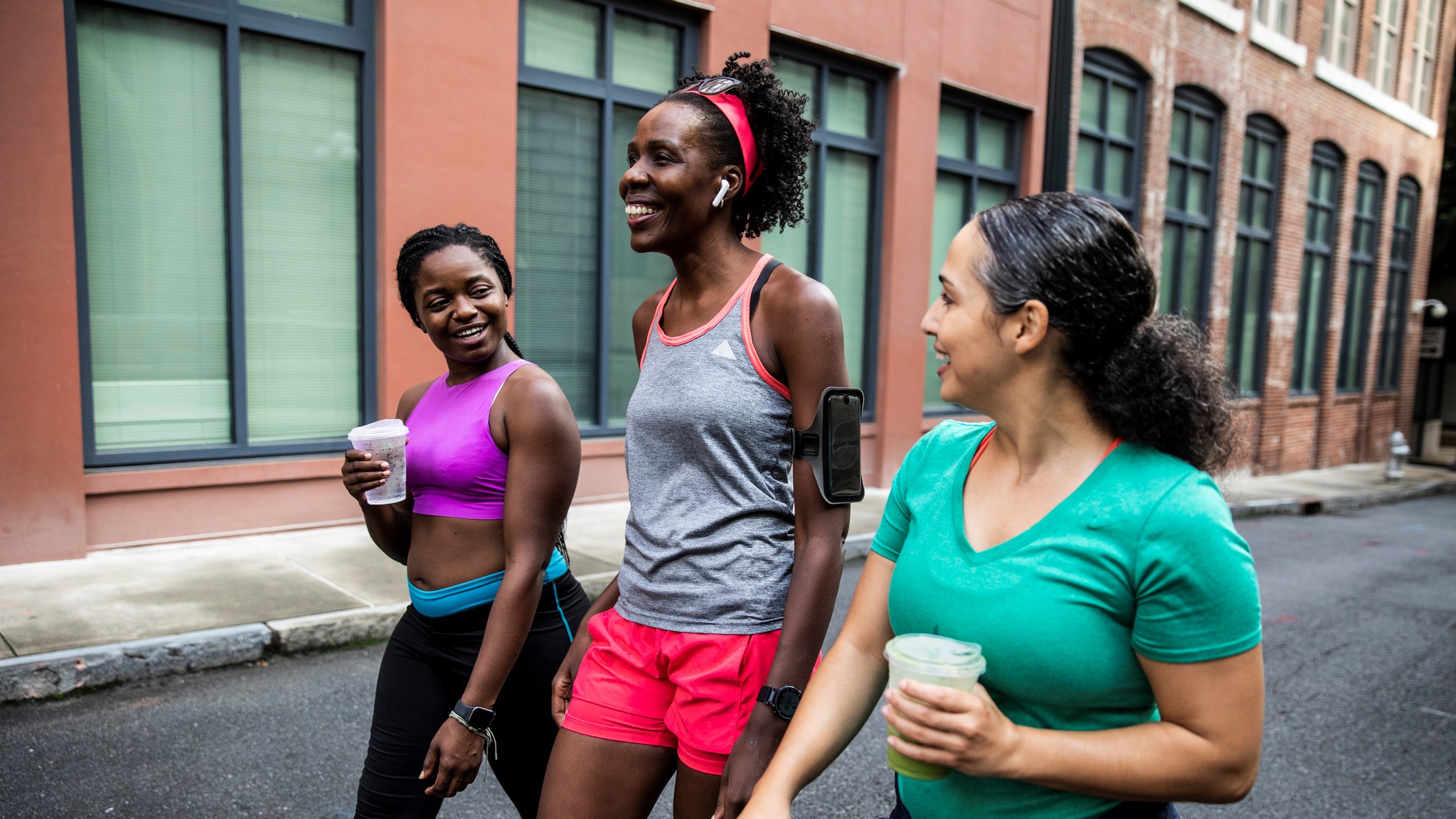Your HRV, also known as heart rate variation, according to Dr. Alzheimer’s Burchi, “is about to be the next important symbol that we all track.”
If you have not heard of HRV before, this means the difference between the intervals between your heartbeat, rather than how many times your heart really beats (per minute or BPM).
A “healthy” or “positive” HRV phenomenon suggests that your nervous system is managing your response to external stimulations and stress, and can tell you a lot about your cardiovascular health and longevity.
“We are changing our vision for health reform,” says Dr. Burchi, a psychologist and neuromodulation specialist.
Although matrix such as phase counting and blood pressure has long been the gold quality of cardiovascular health, fitness trackers and even the best smart rings now focus a lot, including maintenance and HRV.
This is why your HRV is the next major metric that is important if you want to survive for long.

Why HRV can be the next step count
Dr. Burchi believes that there has been a change in how we think about our health, which we think are becoming more than preventing us. With a 57 % increase in the search for HRV, our interest in longevity is also increasing – an indication that we are starting to take heart health even more seriously.
And the changes can tell you a lot. Although volatility is mostly small, they are an essential sign of your sovereign nervous system and overall physical flexibility.
Dr. Burchi explains, “In particular, HRV is a proxy of the fragile balance between your ‘fight or flight’ sympathetic activation and ‘comfort and digestive’ parasampic reactions.
“When you breathe, your heartbeat sticks. When you breathe, it slows down – a ceso is orxo nerve to keep you in balance.”
She states that the more changes between the heart beats, the easily you go to stress and recover. “In essence, HRV is a barometer of the flexibility of your nervous system.”
When you breathe, your heart rate is tackled. When you breathe, it slows down.
Appeared in the research The semantic scholar It suggests that a high HRV is associated with better working memory, overall physical and mental health, ability to handle stress and more academic flexibility.
Here’s Science It recommends a link between HRV and emotional regulations, including a lower risk of anxiety or sadness. Even high HRV is associated with cardiovascular fitness and longevity.
Then there is less HRV, which means your heartbeat “is more regular.” This can indicate stress and burning and even linked to a high risk of death.
It is important not to confuse HRV and your heart rate, though, as it is in detail Aging. Although a highly comfortable heart rate and HRV decline is related to the higher risk of cardiovascular events and deaths, the less comfortable heart rate and increasing HRV are seen as a positive combination.
How can you grow HRV?
Organizing your nervous system should be a top priority when trying to improve HRV. But in today’s society, it is much easier than working.
First, try to focus on lifestyle changes that you can control, including regular exercise and balanced diet. Sleep hygiene is also essential, as you have to manage stress wherever possible.
Techniques such as breathing exercises and walking exercises can be helpful, while some people find cold water therapy.
Dr. Burchi has explained that activation of the vagus nerve increases your HRV by promoting “high frequency” heart rate.
She says, “If there is an HRV score, Wags is a nerve coach that calls the plays.” “This nerve revolves around almost every internal organs from the brain system, and it takes information that it is safe to relieve comfort and energy to all the activities that are not related to defense of a challenge.”
“While in our contemporary life, we are constantly emphasized to activate our sympathetic reaction, when we follow the mindset, self -compassion, meditation and slow breathing, it is the vaginal nerve that floods the heart with signals.
Result? Further variations between beats, such as gas pedal in your heart and slowly become useless.
And the good news is that you can mobilize your nerves yourself. I recently used a vigilant nerve stimulation and reported my experience, and these small devices are now everywhere.
Although Mine worked at the device’s electrode at the pulse of my neck, Dr. Burke says the outer ear is a place to try.
“Researchers discovered that in particular, from the body’s surface, your outer ear has a branch of wigs nerves.
In fact, NorosiumWags nerve stimulation developers, increased by 61 % when using their device to show the results to show the results, increased by 90 % after two months of daily use and an average of 18 18 % in HRV.
“In the near future, don’t be surprised if HRV checks become just as normal,” says Dr. Burchi.
Dr. Alzheima Burchi
Dr. Elisbeta is a famous female voice in the fields of Burchi Psychology and Neuromodulation. Its posts are published in Lancet, one of a high scientific post.
It has also acquired the Master of Business Administration (MBA) from the Ensed Business School, with its basic fields of expertise in neuromodulation. She is working on clinical research trials and programs, which helps patients and ordinary people bring non -invading nerve stimulation.

